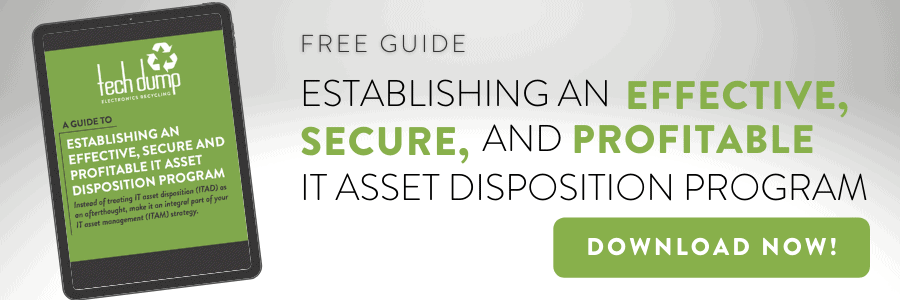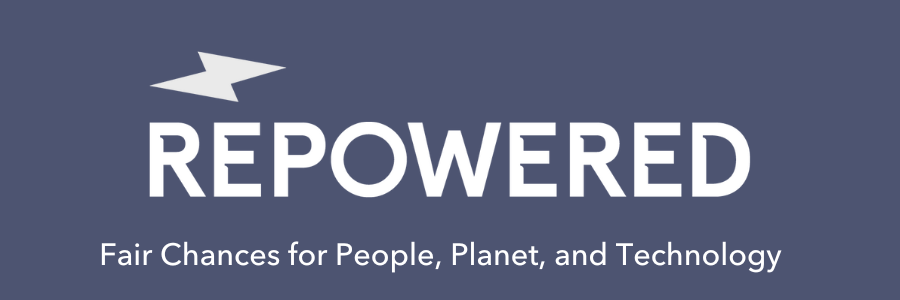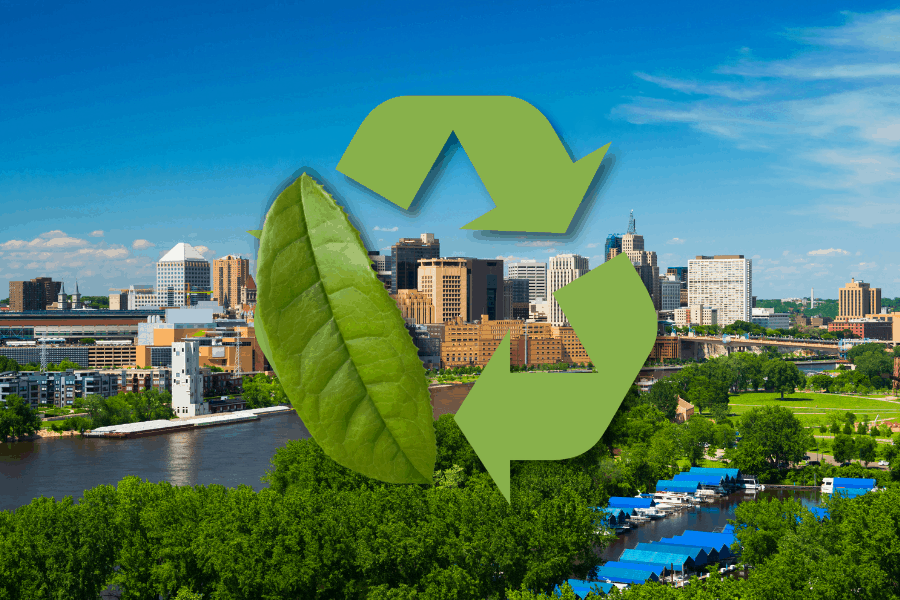
There’s a lot of buzz over the concept of running a “net-zero business” but what does that really mean and how can you get there? Let’s take a closer look.
What is a sustainable business?
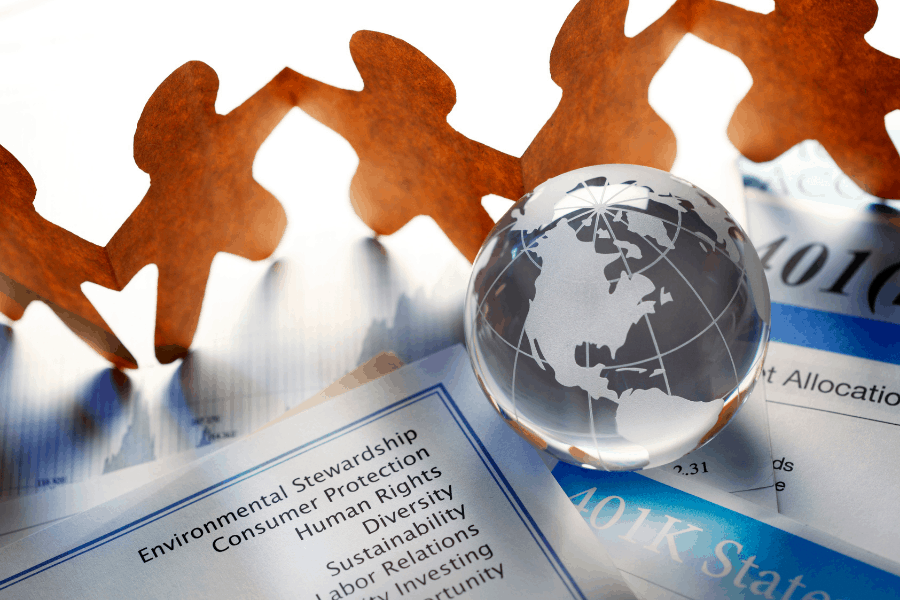 A sustainable business is one that strives to minimize its negative impact and maximize its positive impact on community/society, the economy and the environment.
A sustainable business is one that strives to minimize its negative impact and maximize its positive impact on community/society, the economy and the environment.
In simpler terms, the three primary components of a sustainable business are people, profit and planet.
People: This area addresses your corporate social responsibility policy. What steps does your business take towards inclusion, diversity, equity, community support, health and safety, and labor standards?
Profit: This area addresses the economic value of your business. How do you acquire profit? How stable is your business? What is the long-term viability of your business? What kind of ROI does your business generate?
Planet: This area addresses the environmental stewardship of your business. What is your business doing to reduce your carbon footprint, move towards zero emissions, leverage renewable energy and support biodiversity?
And transitioning to a sustainable business model requires careful consideration.
It requires looking beyond your product or service and assessing what the value is that your business delivers. Does your product or service deliver health benefits to consumers? Is your product manufactured from recycled materials, reducing your carbon footprint? Is your product locally produced, financially benefiting the local community?
It also requires assessing the way your product or service delivers value. How does your delivery method encourage sustainability? Maybe your product is shipped in recyclable packaging or in reusable containers so there is zero waste. Or perhaps it’s a product manufactured from reclaimed materials, keeping those items out of landfills.
Lastly, transitioning to a sustainable business model requires assessing who benefits from your product or service. The best part? The benefits can extend to large groups of people, the environment or even specific animals.
Rob Shelton, co-author of Making Innovation Work, observes, “In the old days, the only people that received value were the customers and shareholders. Nowadays, it can be a broader set of recipients.”
What is a net-zero economy?
A net-zero economy is an economy in which the amount of greenhouse gas produced and the amount removed from the atmosphere cancel each other out. In other words, in a net-zero economy, you make zero negative impact on the environment while continuing to live and work.
One way to get started toward your net zero goal is with an ITAD program. Want to learn more about developing an effective, secure and profitable ITAD program for your business? Our free guide can help you get started. Get it here!
 Is it possible to achieve a true net-zero balance? According to RMI, it’s possible and we’re on target to achieve this goal by the middle of the 21st century, “The transition to a zero-emissions economy will drive innovation and create new jobs. It will improve living standards—particularly in developing economies—through reduced air pollution, cheaper energy bills, higher-quality homes, more flexible mobility services, and more durable consumer goods.”
Is it possible to achieve a true net-zero balance? According to RMI, it’s possible and we’re on target to achieve this goal by the middle of the 21st century, “The transition to a zero-emissions economy will drive innovation and create new jobs. It will improve living standards—particularly in developing economies—through reduced air pollution, cheaper energy bills, higher-quality homes, more flexible mobility services, and more durable consumer goods.”
So how do we get there?
One primary pathway to achieving a net-zero economy is by reducing carbon dioxide emissions into the atmosphere. Businesses can encourage employees to walk, bike or carpool to the office or provide a telecommuting option. They can also take advantage of renewable energy. This might mean adopting a solar heating system, installing a biomass boiler or utilizing a renewable fuel source.
Another pathway is by capturing emissions in the atmosphere. This can be done as carbon emissions leave factories or by planting trees to absorb the carbon dioxide in the environment.
How Repowered can help you reach net zero

Are you interested in operating a more sustainable business with a net-zero goal?
Have you made public net-zero timeline commitments and now need reporting and metrics to support your tracking? Repowered, in partnership with Ecotone Analytics, can work with your Corporate Social Responsibility (CSR) Team to develop custom reports and dashboards for your ESG efforts, detailing the metrics most meaningful to your organization.
We can do this in several ways:
- We can track the number and poundage of items diverted from landfills.
- We can track the number of devices donated, refurbished and repurposed in the community.
- We can calculate your total social return on investment (SROI).
Changes to any or all of these facets of your business with the goal of becoming more sustainable don’t happen overnight. The process of creating a sustainable business is a big ship with a small rudder but can change the trajectory of your impact for a cleaner, more environmentally-friendly future. If you’d like to learn more about how our custom reporting solutions can help you move to net zero, contact us at (763) 432-3117!
Recent News & Articles

Spotify Car Thing: What To Do Once The Device Stops Working
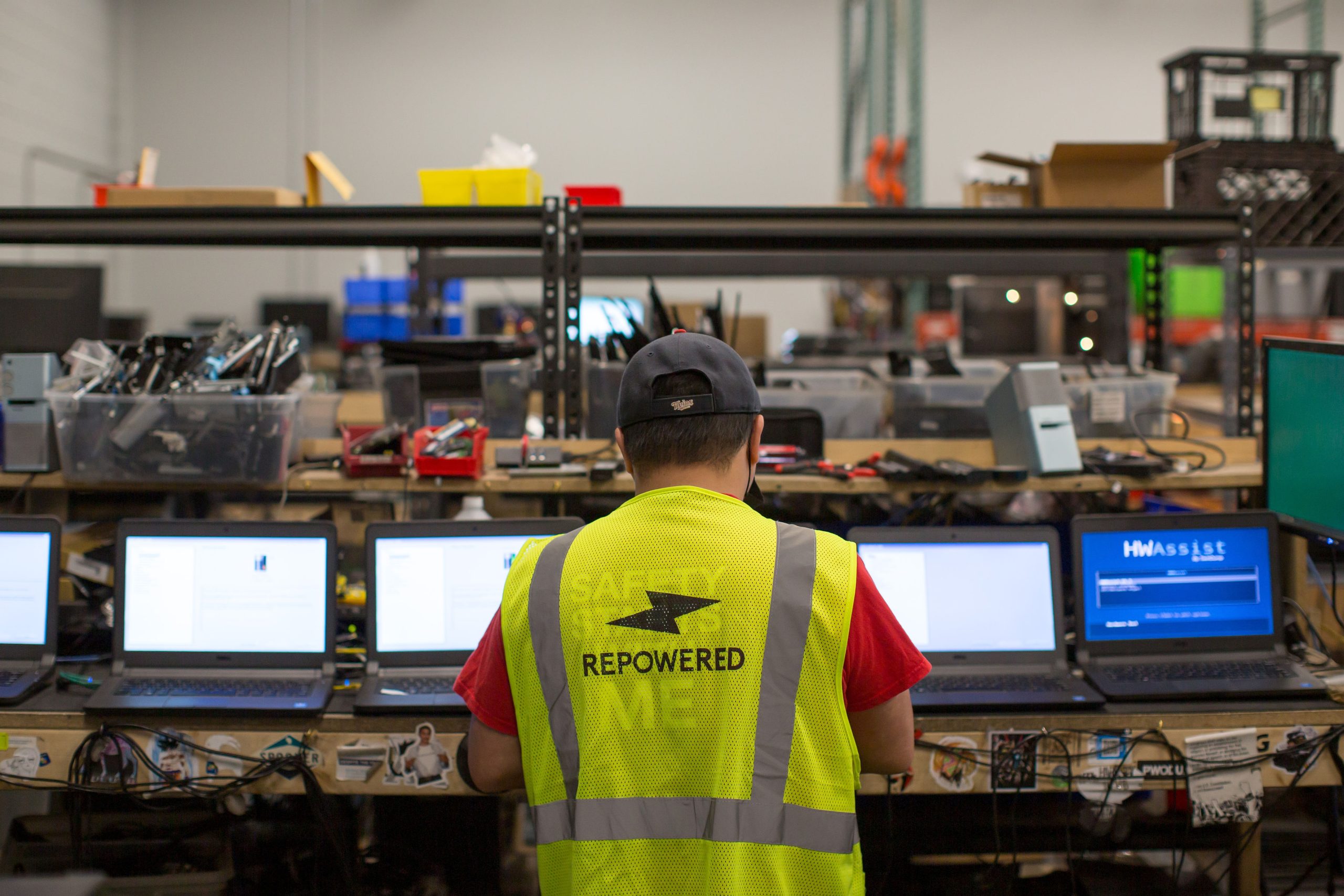
Second Chance Month: Why Fair Chances Are So Important

